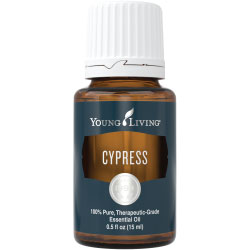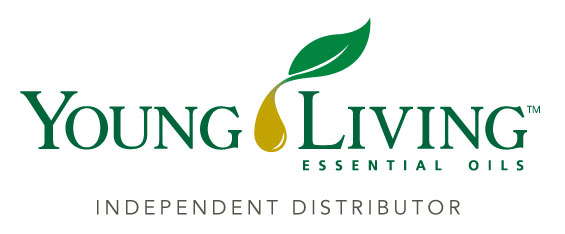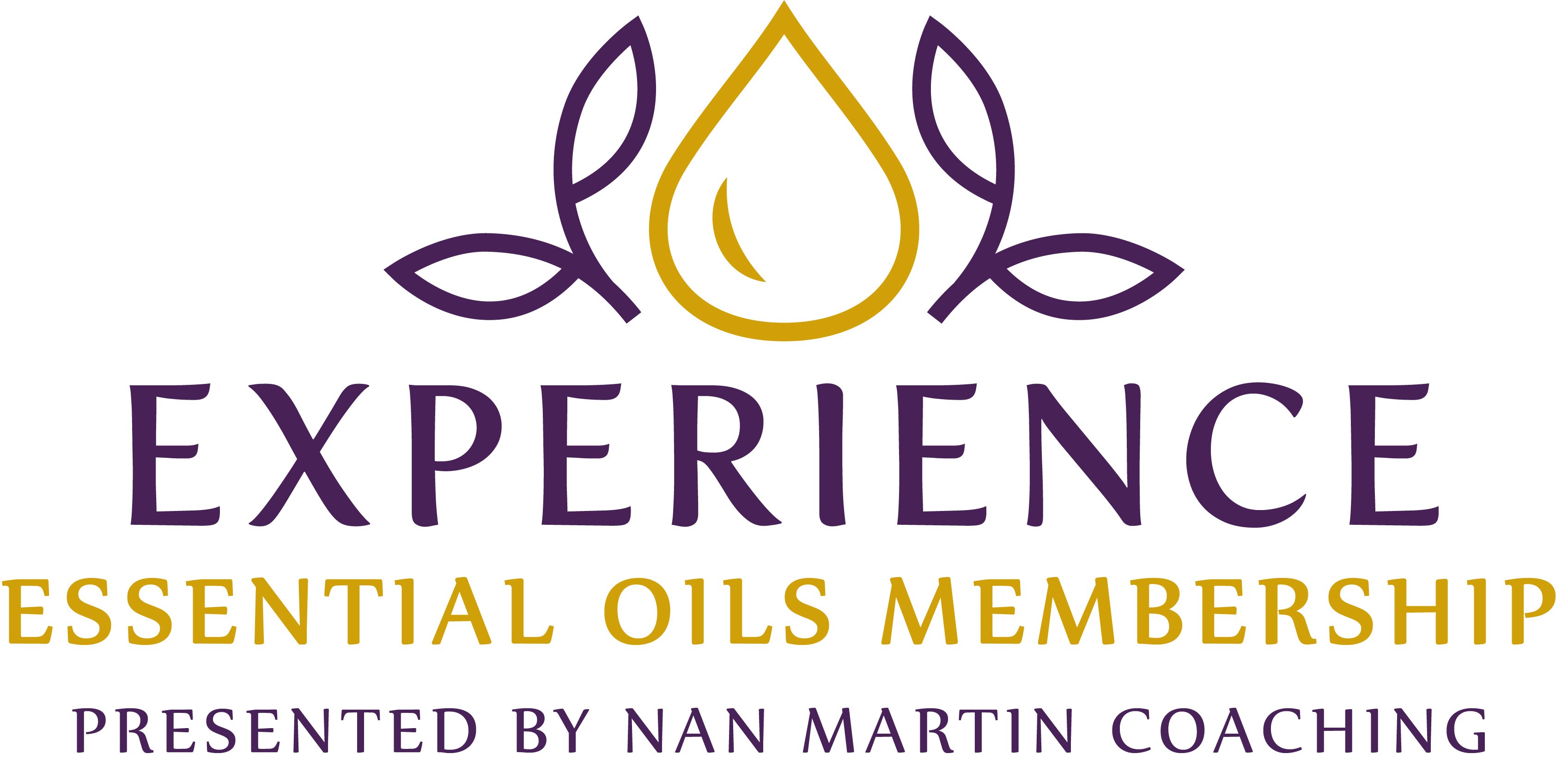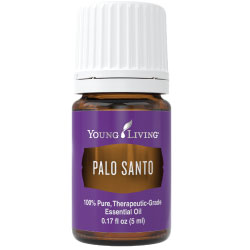Dr. Nan's Experience Essential Oils Membership provides Exclusive Intuitive Training and Coaching on EO Topics! Includes Animal, Transformational & Health Tips
FREE ACCESS to E-Merald Level with THREE Training Bundles!
Click HERE to LEARN MORE and Get INSTANT ACCESS to E-merald Level Trainings!
Distilling Essential Oils takes
Expertise and Knowlege! Read Why!
Distilling essential oils is an art and a science! And most essential oils distillers use methods of extracting essential oils that use solvents or attempt to adulterate the oil prior to distribution.
Honestly, like many things out in our world, the process of distilling can be good for the consumer (and the environment) or not so good, so please take the time to be an educated oil user!
What are the Methods of Extracting Essential Oils?
There are many different ways to extract essential oils and a complete listing and description is provided here. This section will mainly deal with the details and methods of steam distillation.
What is Steam Distillation?
Distilling essential oils by steam distillation can be accomplished three different ways. They are:
- Water Distillation;
- Water/Steam Distillation; and
- Straight Steam.
What is Water Distillation?
This method is where the plant material is placed in boiling water. The steam and oils are captured and then separated out to produce the essential oil. Clove essential oil is collected using water distillation.
What is Water/Steam Distillation?
This method is where steam and water are pushed around and though the plant material. And then the steam and oils are captured and then separated out to produce the essential oil. Nutmeg oil is collected using this method!
What is Straight Steam Distillation Method?
Distilling essential oils using the straight steam method involves pushing steam through the plant material and then picking up the essential oil. Lavender essential oil is distilled in this manner!
How do the Methods Vary?
In all of the methods, steam is used to rupture the oil membranes in the plant and release the essential oil. The steam carries the essential oil to a condenser and then as it re-liquefies the lighter essential oil floats on top.
The water and oil are then separated out, and the water is referred to as the hydrosol or hydrolat, or flower or floral water. And the oil of course is the essential oil!
Experience Distilling Essential Oils Continued!

The size and material of the cooking chamber, the condenser type and the separator all can change the outcome of the oil.
For instance, the cooking chambers that are best are made of non-reactive metal. This minimizes the essential oil from being adulterated (changed) by reactive metals such as copper and aluminum. The best metal that is non-reactive is stainless steel!
Also, vertical steam distillation seems to produce the best quality oil when distilling essential oils. There is no risk of overheating the plant material!
What other Factors Effect Distilling Essential Oils?
They are other factors such as temperature and pressure that affect the quality of oil. For instance, if the pressure or temperature is too high than the oil is changed. It is like over cooking vegtables!
Additionally, the chemical constituents of the oil when over heated become changed or adulterated. The oil pH and polarity can even be completely altered!
So, it has been found that low pressure and low temperature is extremely important to producing therapeutic grade oils. This is how ancient cultures distilled oils for thousands of years!
Can you give the proper pressures and temperatures for Cypress or Tea Tree or Melaleuca Alternifolia Essential Oil?
Sure, here they are!
- Cypress Essential Oil – If we start with 2,000 pounds of material we produce 1 pound of oil. The pressure in pounds must be 0 and the optimal distillation time and temperature is 220 degrees at 24 hours! Anything less, produces oil that has 18 to 20 constituents missing from the oil completely!
- Tea Tree Essential Oil (Melaleuca alternifolia) – If we start with 1,000 pounds of material we produce ten to fifteen pounds of oil. The pressure in pounds must be 3 and the optimal distillation time and temperature is 218 degrees for 2-3 hours.
So as you can see, it is like following a cooking recipe! And we all know what happens when we short cut recipes!
How do Essential Oil Distillers Adulterate or Cut their Costs?
There are many ways unethical distillers cut their costs. Here are a few:
- Short Cut the Distillation Process – As you can see from the above examples, distilling essential oils can be time consuming and costly! Most commercially made lavender oil is distilled at 155 pounds of pressure with a temperature of about 350 degrees for about 15 to 20 minutes! Therapeutic grade lavender requires zero pounds of pressure for a minimum time of one hour and fifteen minutes!
- Add Solvents to the Oil – Companies will use a distillation method such as solvent extraction that will expand oil production tremendously. Additionally, they may add solvents to good quality oil thereby diluting it. Some companies dilute it up to 90-95% with solvents or cheaper oils that are similar smelling! See Rose Otto Essential Oil.
- Re-extract or Re-distill Plant Material – Distilling essential oils several times or repeating the extraction method with the same plant material. Yes, some companies will repeat the distillation process up to four times or more! This produces very weak oil.
- Use Non-Organic Plant Material – Companies will use plants that contain pesticides, fungicides, herbicides or who knows what else to make essential oil! Those chemicals not only react with the essential oil but become concentrated in the oil as well.
Are there Reliable Essential Oil Distillers and Companies?
Yes there are responsible essential oil companies and producers. They care about the safety of their consumers and the quality. And they won't but us in harms way so they can make a big buck.
Those company owners who sit behind a desk and profit by selling essential oils of poor quality are General Contractors for Essential Oil (GCEOs)! GCEOs don't grow, distill or analyze essential oil, and frankly they don't have the expertise to do so. They just subcontract everything out and worry about the bottom line, not the safety of the consumer.
What do we Consider When Choosing an Essential Oil Distiller or Company?
I am happy to help you in this area. There is a whole section devoted to discussing what to look for and how to select a company that is distilling essential oils correctly! Please click here for more information.
Want to Purchase Therapeutic Grade Essential Oils?
Visit the Oil Shop!
Return from Distilling Essential Oils to Oil Facts
Keep this Site FREE and THRIVING!
Donations Appreciated!
It's REVISED and PART of the EEO Membership!
Using Essential Oils for People and their Animals Online Training Course!
Ready to Discover All of YOU?
Find the Gift of You and Your Inner GPS with Nan's Coaching and Intuitive Guidance
"Nan's coaching helped me quickly change my self-sabotaging beliefs so I could discover & follow my dream career!"-Deb C.
"Nan nails it and gets right to the core root issues every time I work with her. What a fantastic investment for yourself!"-Diane G.
Learn how Essential Oils and Coaching can help you Break Through Emotional Barriers Now!
Listen to the Free Teleseminar Here!
Sign up for the Free E-zine and Receive
a copy of
"How Therapeutic Essential Oils Help Us Recover our Emotional Wellbeing One Oil at a Time!"
The Oil Shop is Open!
Searching for
Therapeutic Grade Essential Oils
Online?
Look no further! Place your order at our online essential oil store, The Oil Shop!
For Canadian and international orders please contact me with a product request and shipping address for a quote today!

Starseed Powered

